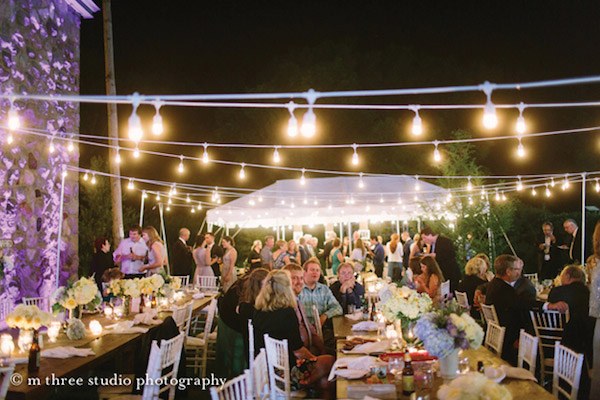
It doesn’t take much searching to come across an instance of humor directed at wedding planners. Movies satirizing panicked brides debating over ecru or ivory linens with a woman in a designer suit wearing a headset are always sure to get a laugh. But in reality, what does a wedding planner actually do? The answer is too long to comprehensively list in one article — and actually part of the answer is up to the individual bride and groom who hire a planner. Most wedding coordinators now offer several different levels of service: full planning, consultative services, month-of and even day-of packages. But level of services aside, some of the most common wedding planner duties might not be what you expect.
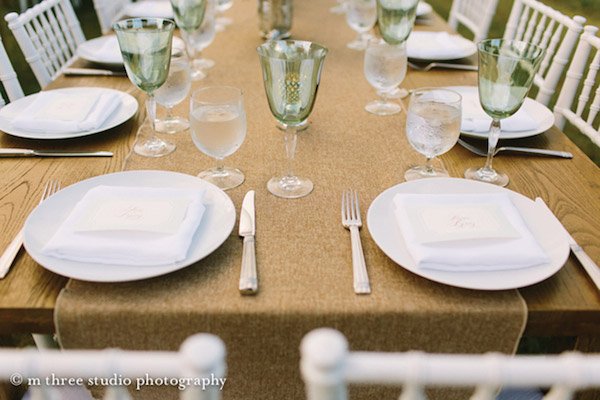
Work with vendors
Most planners can help you get a better level of service from your wedding vendors, and often even save you money. An unfortunate reality of weddings is that the vendors you hire are likely only going to do business with you one time in your life. But your wedding coordinator is someone vendors will usually work with on multiple occasions and therefore sometimes have more accountability to. Also, since planners do work with certain vendors repeatedly, they might know about unlisted package options or discounts you wouldn’t be aware of otherwise.
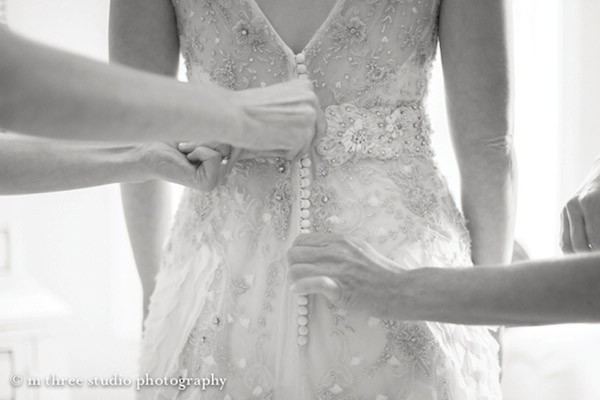
Prior to your wedding day, planners will help you review your contracts with all of your other vendors and establish contact with each to make sure everyone involved knows the wedding planner is the point of contact on the day of the wedding. Wedding planners will often map out the timeline of your wedding day and communicate all of the relevant information to each vendor. Aside from just hiring a band and a florist, each of those vendors needs to know what time they should start setting up, what time they should be at the ceremony or reception location, and when they need to begin breaking down their equipment for the evening. A wedding planner manages all of that information with each vendor involved in a wedding.
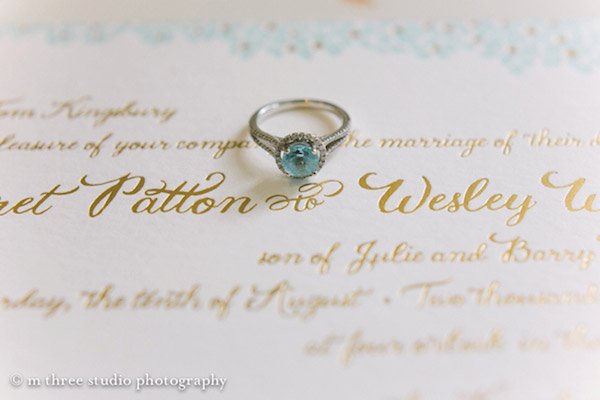
Manage family
Not only do planners manage other vendors, they can also help to manage family members! If a bride’s future mother-in-law insists her family friend bake the cake, a wedding planner can be a neutral third party who can defend the bride and groom’s wishes without even getting them involved.
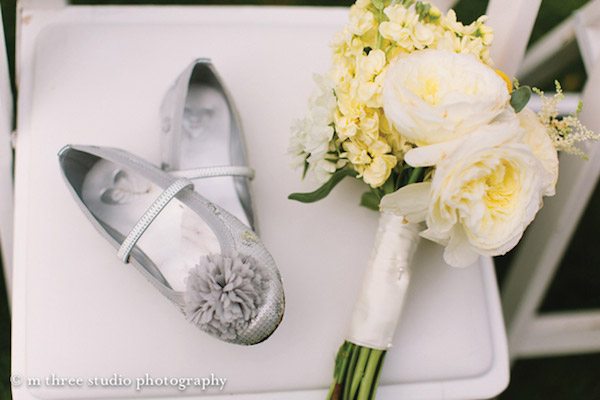
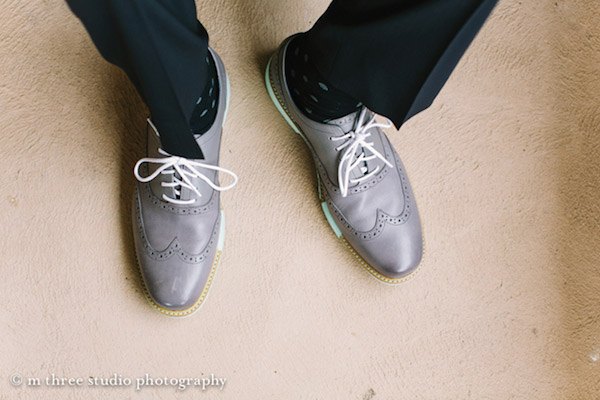
Ensure the wedding runs smoothly
Of course, the day of the wedding is when a planner is relied upon most heavily. They are there to make sure everything is running smoothly and all the countless behind-the-scenes details are taken care of. When Aunt Bernice is missing for pictures, a planner can help track her down and make sure the groomsmen have some refreshments. All those special flowers that are to be given to the Mothers and Grandmothers? A wedding planner will be sure they’re both distributed and fastened securely. The family heirloom cake knife used to cut the wedding cake at the reception? A wedding planner will be sure that it’s returned to your room for safe keeping so that no one else will have to worry about it or miss a moment of the reception.
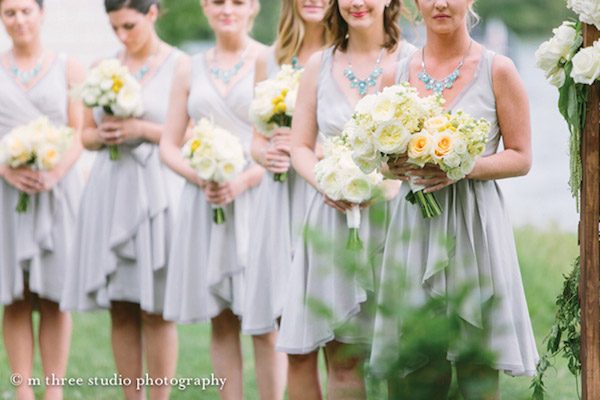
Overall, a wedding planner is both a liaison and an advocate for the bride and groom. The job goes well beyond picking out linens and deciding on the band’s playlist.
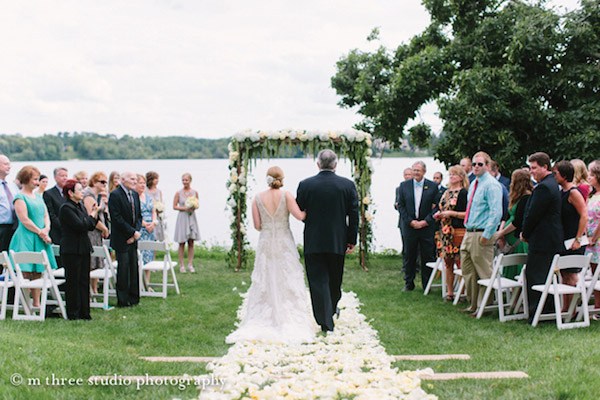
Bonus: Want to become a professional wedding and event planner? Taking courses at an wedding planning school, among other creative career fields, can help you get there! Enroll in The New York Institute of Art and Design’s Wedding Planning Course today!







